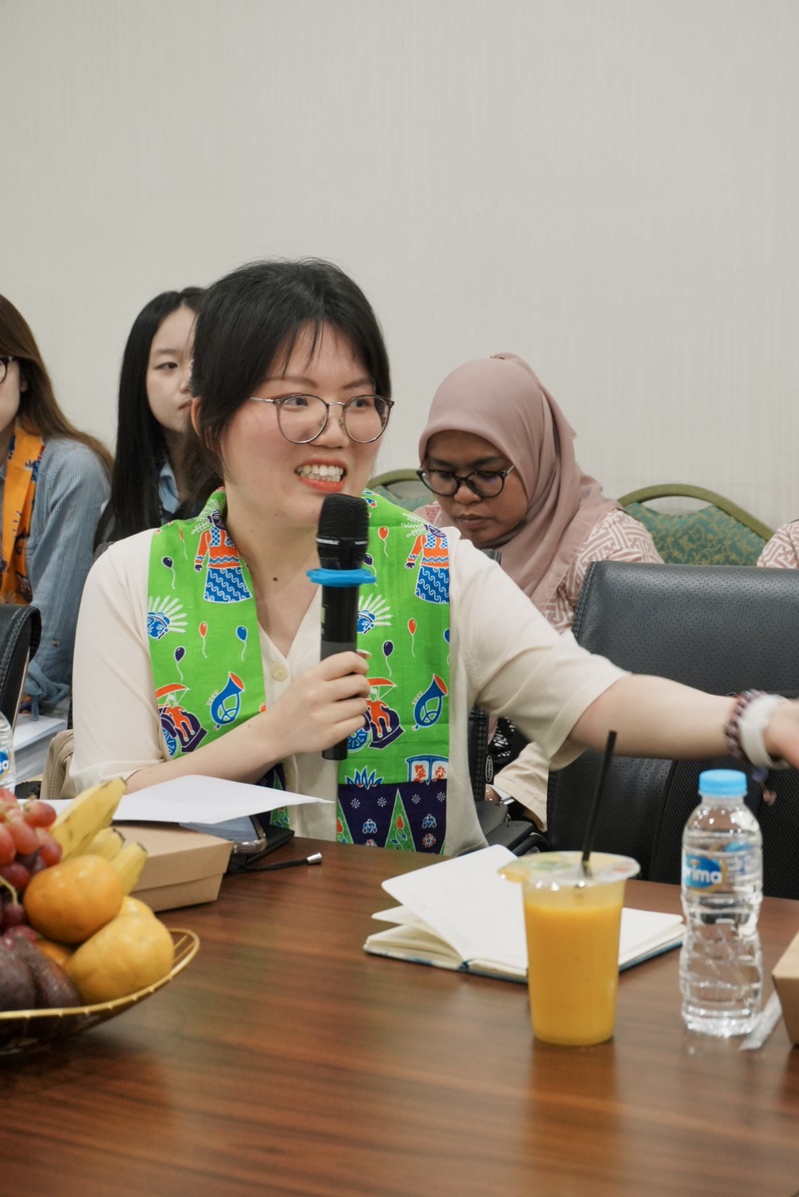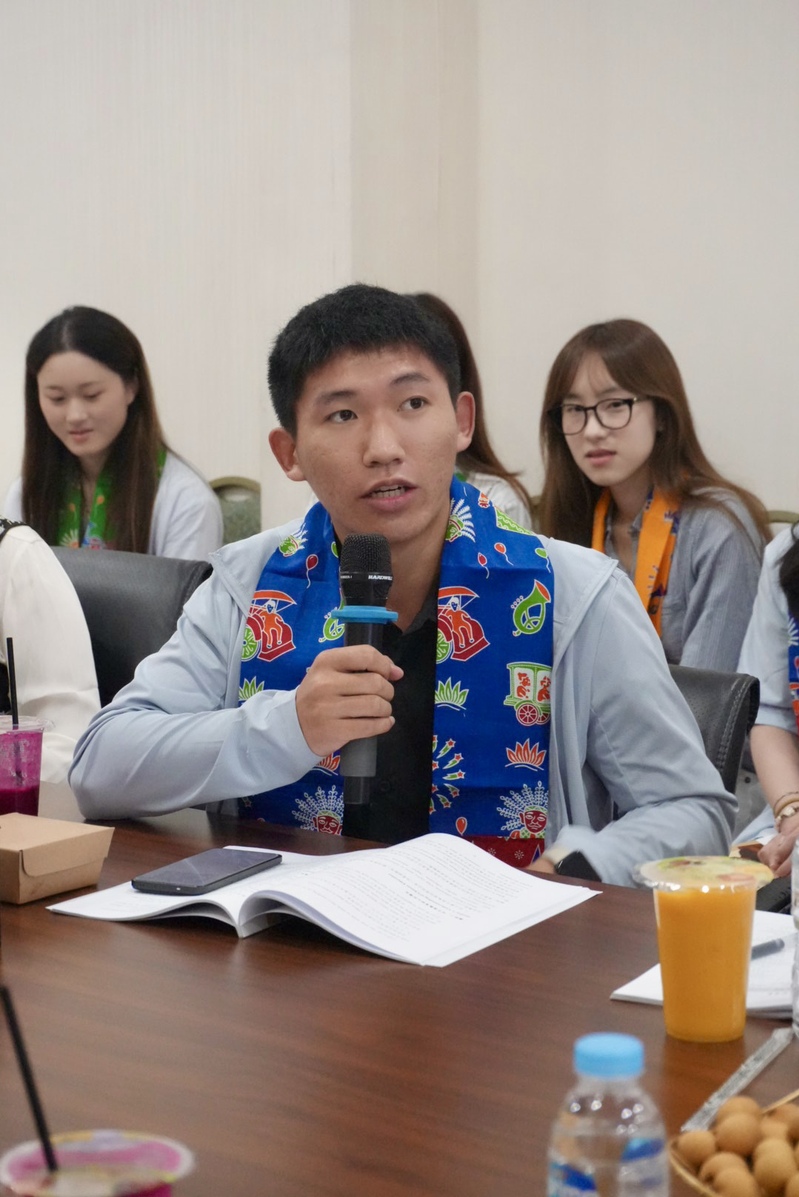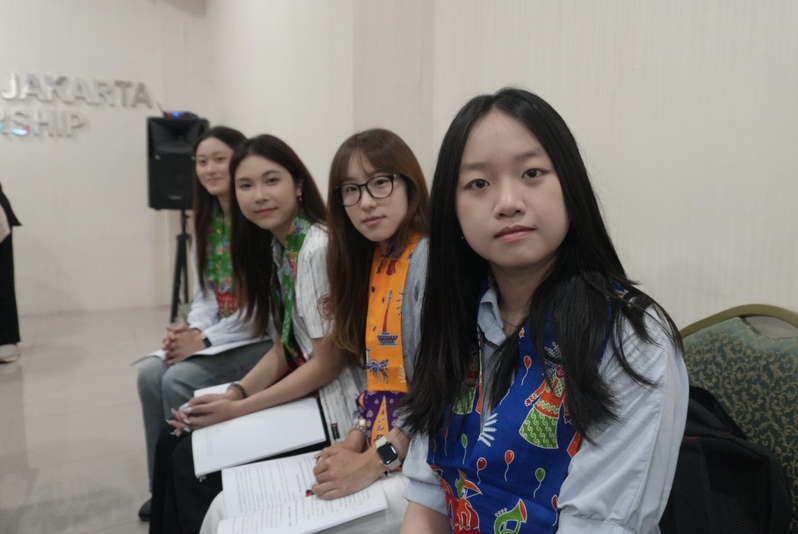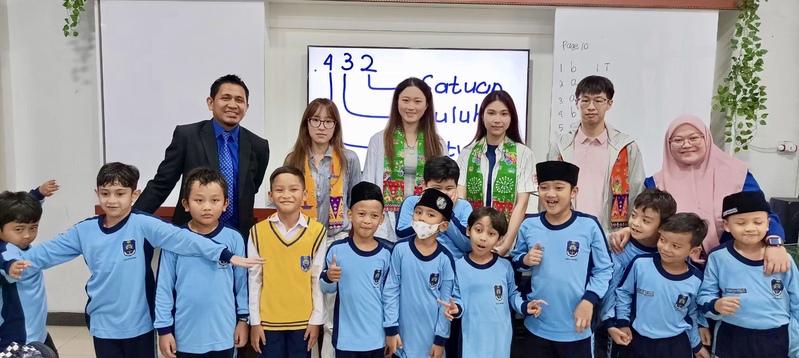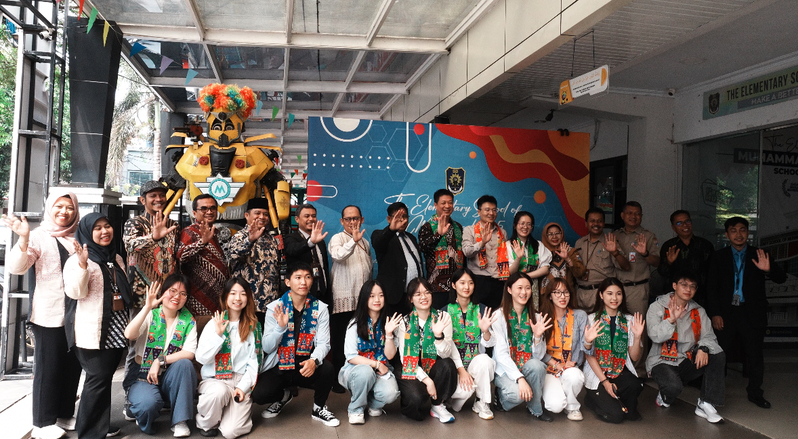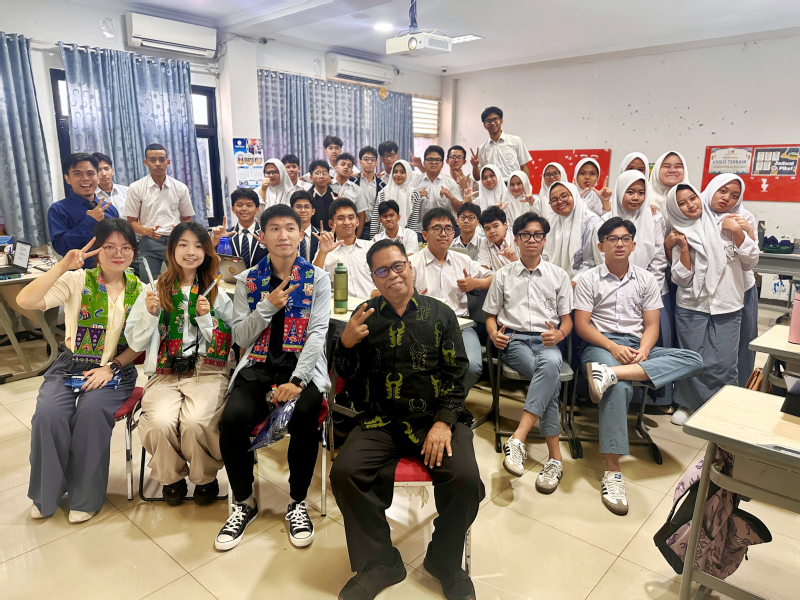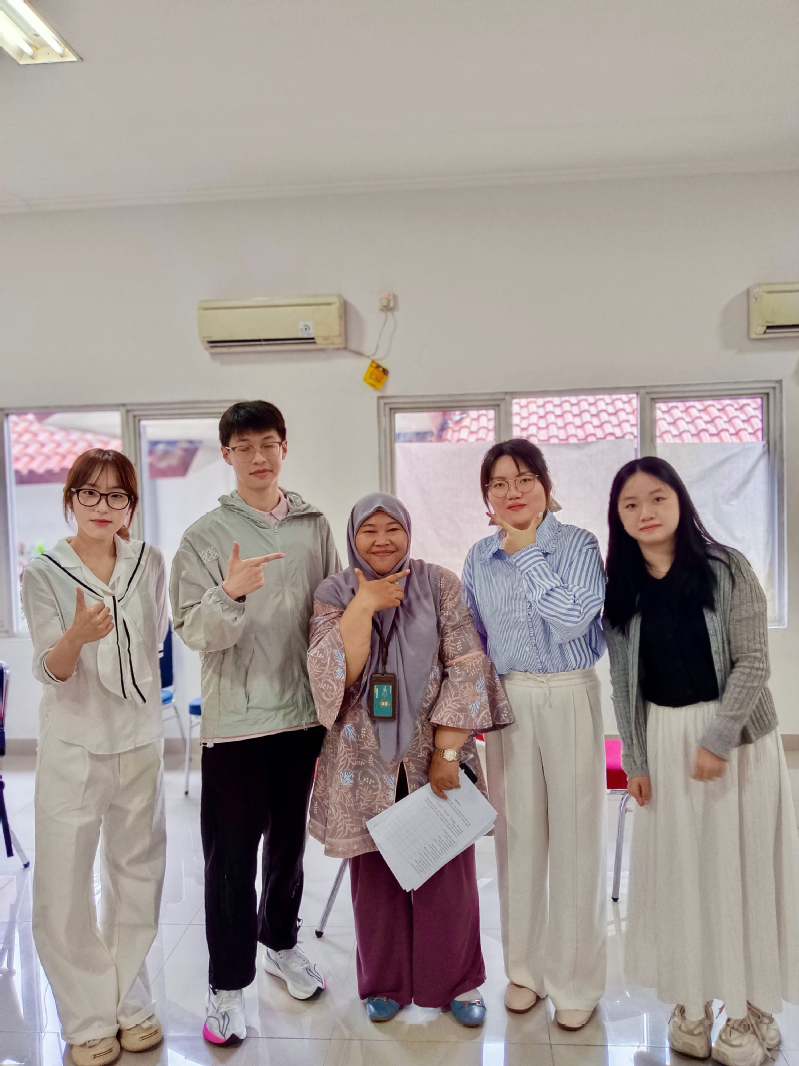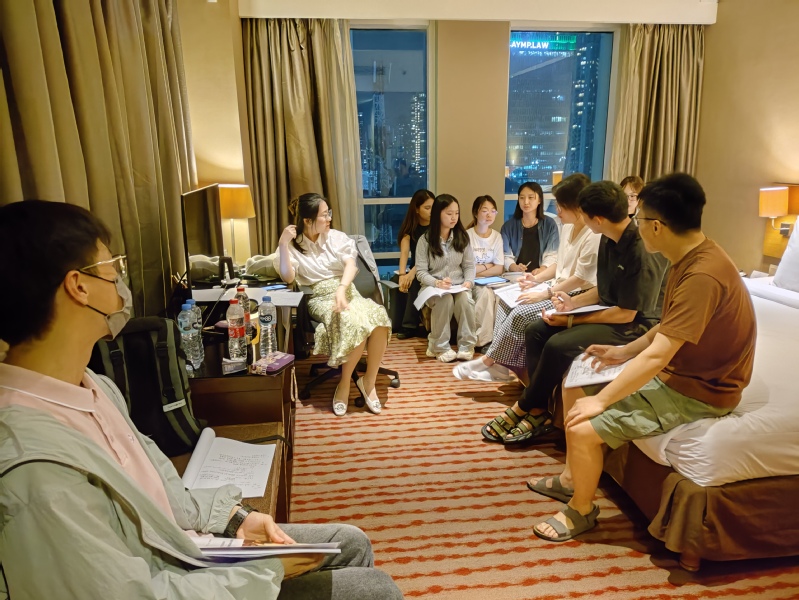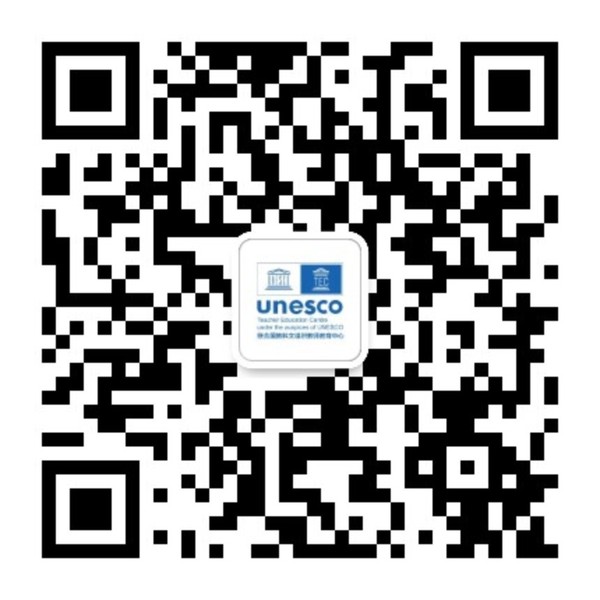On the evening of July 28, the Indonesian contingent of UNESCO TEC's International STEM Education Volunteer Team and Regional & Country Education Research Group arrived in Jakarta, kicking off a 10-day program of practical and research activities with the goal of deepening understanding and promoting mutual learning. On July 30, the Indonesian contingent was invited to participate in a workshop for Jakarta educational leaders themed STEM Education and Deep Learning. Attendees included the Director General of the Teacher Directorate under Indonesia’s Ministry of Basic and Secondary Education, officials from the Jakarta Education Bureau, the Director of the Jakarta Teacher Development Centre, over 100 on-site participants (including representatives from relevant universities, educational supervisors, school principals, and frontline teachers from Jakarta), and more than 300 online learners.
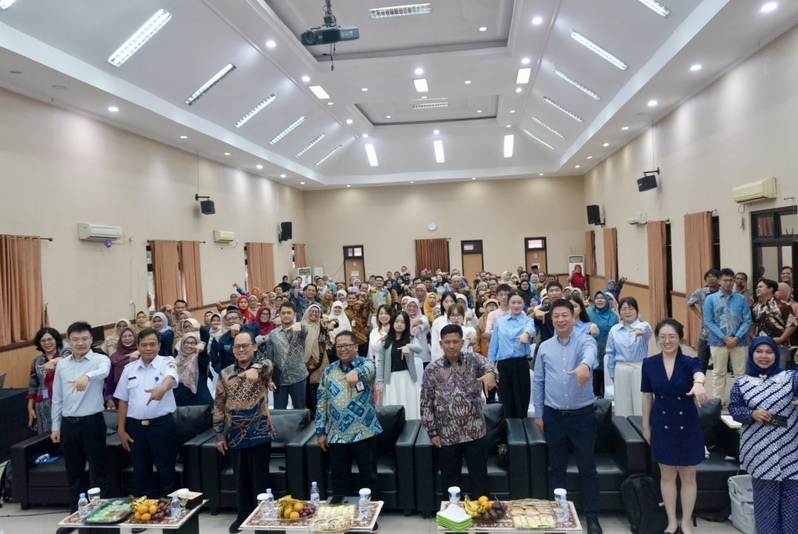
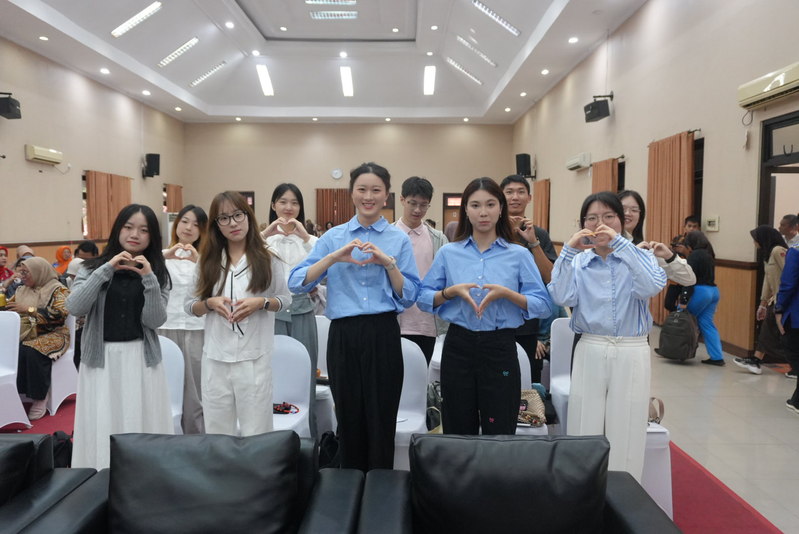
At the opening ceremony, Nunuk Suryani, Director General of the Teacher Directorate, Ministry of Basic and Secondary Education of Indonesia—who had previously visited UNESCO TEC—greeted the UNESCO TEC team. Saif Bally, Director of the Jakarta Teacher Development Centre, extended a warm welcome to the team, while Salihun, Head of the Teacher Division at the Jakarta Education Bureau, delivered a speech expressing hope that the UNESCO TEC team would continue to support teacher education and professional development in Jakarta. Following the opening ceremony, Dr. Zhu Xiaohu, on behalf of UNESCO TEC, signed a letter of intent for cooperation with the Jakarta Teacher Development Centre.
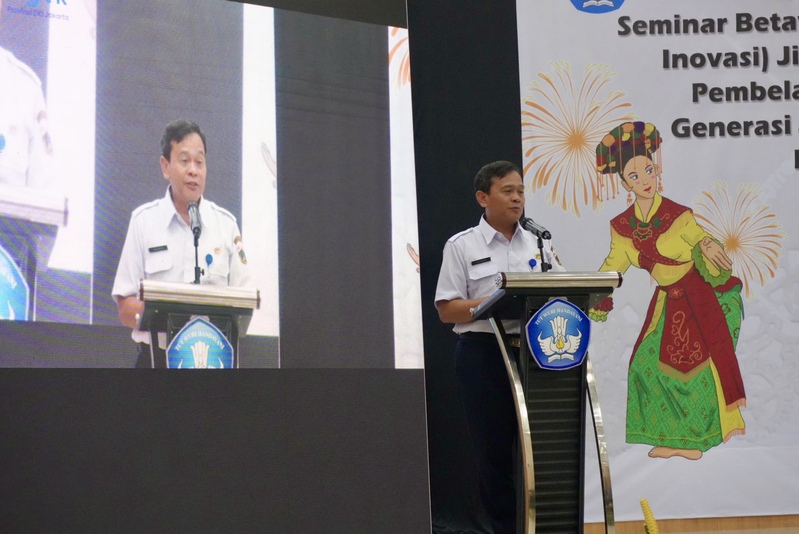
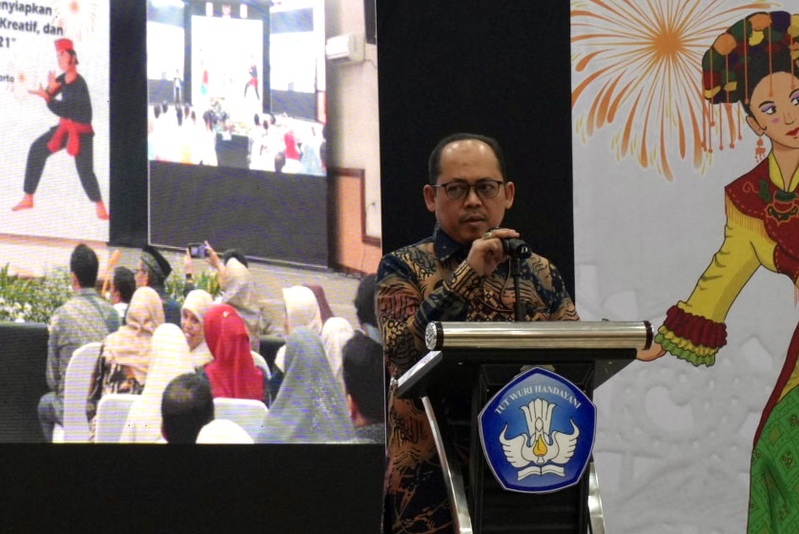
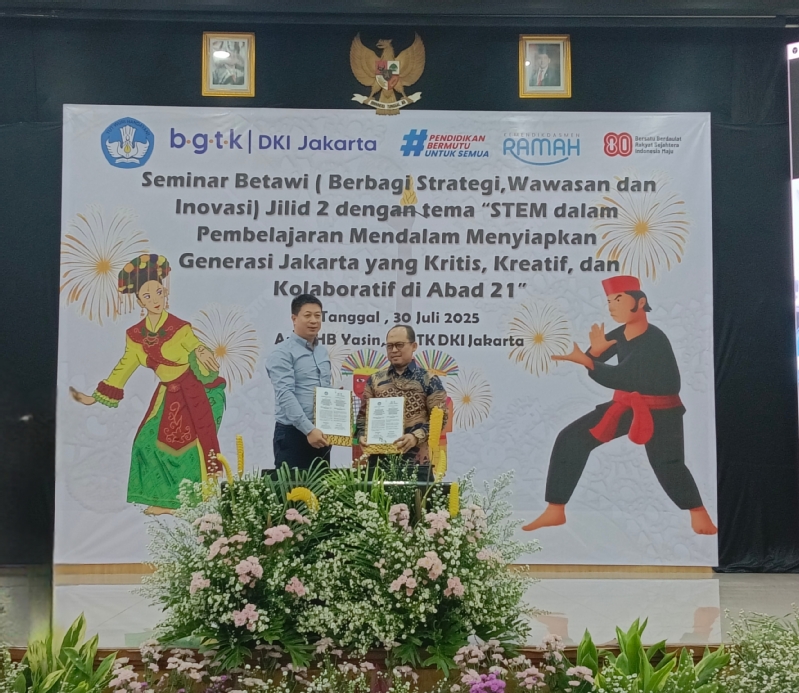
During the workshop, Dr. Zhu Xiaohu delivered a report titled Strengths and Practices of Mathematics Education in China. He first introduced the basic overview of UNESCO TEC and its pivotal role as a hub in China’s participation in PISA and TALIS assessments. After analyzing PISA and TALIS data, he examined and presented the characteristics of China’s mathematics education development from four perspectives: students' access to mathematics learning, national mathematics curriculum reform, mathematics learning methods, and mathematics teachers' professional development.
Dr. Zhang Huafeng delivered a report titled Learning Contexts and Characteristics of STEM Teachers in Shanghai, shifting from the secret of Shanghai's education to the secret ingredient of teacher learning and lifelong development. After analyzing the three-dimensional mechanism for teacher development in Shanghai, school-based Teaching Research Group (TRG) organizations, and other learning contexts, he used data to illustrate the closely interconnected learning relationships among Shanghai’s STEM teachers—who tend to engage in school-guided learning rather than autonomous learning—and explained why STEM teachers’ learning motivation and professional belonging are slightly lower than those of non-STEM teachers.
Dr. Ding Ruoxi delivered a report titled STEM Teachers' Professional Development in Cross-Cultural Interactions. Using two teacher professional development programs (China-UK and China-Tanzania) as case studies, she detailed the Shanghai teaching methodology from the perspective of international educators and the cross-cultural cooperation models that facilitate teachers’ mastery of this methodology, from the angles of knowledge interaction and teacher interaction. She expressed hope to work with Indonesian educational partners to promote mutual learning between teachers of the two countries.
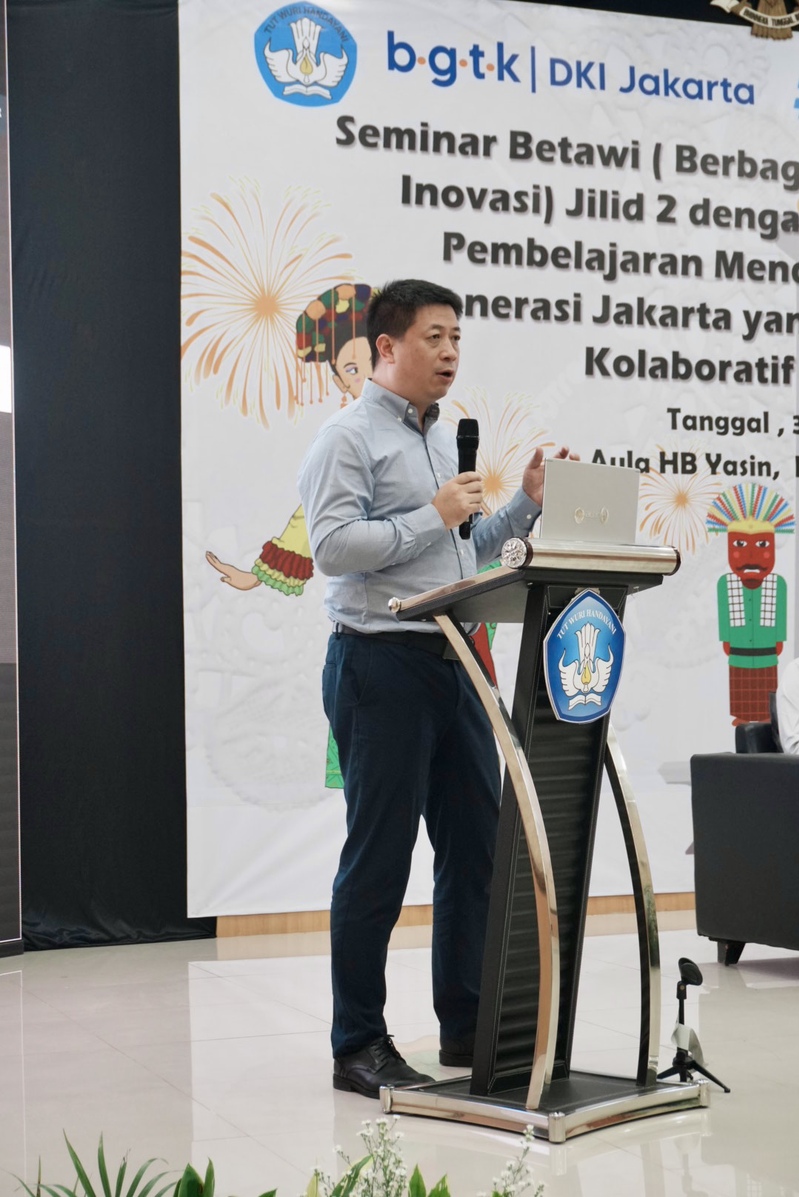
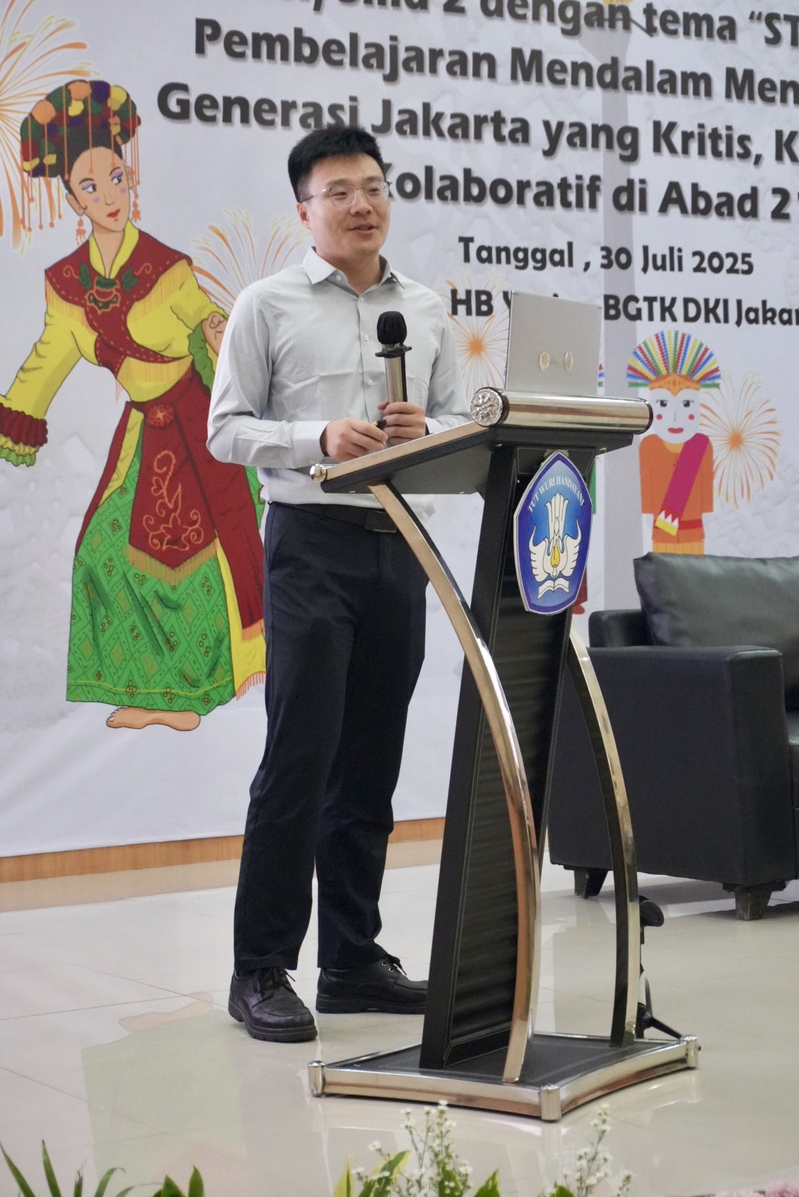
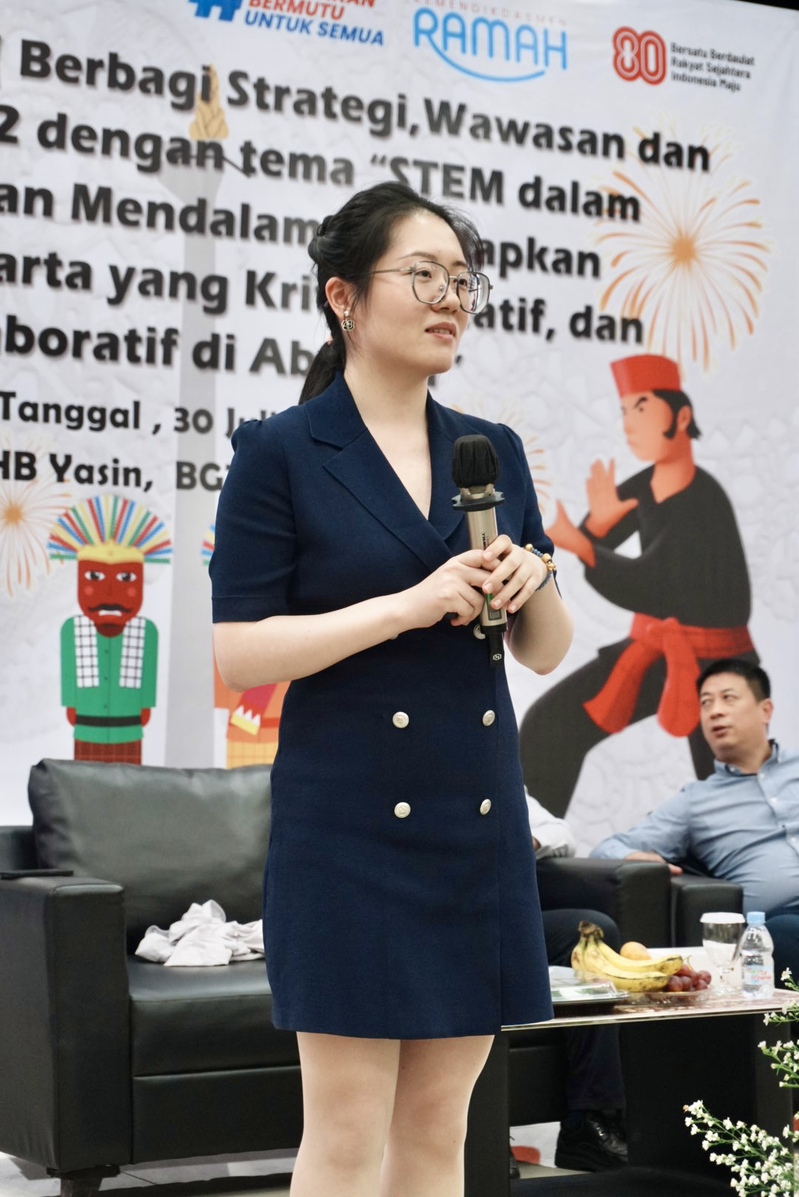
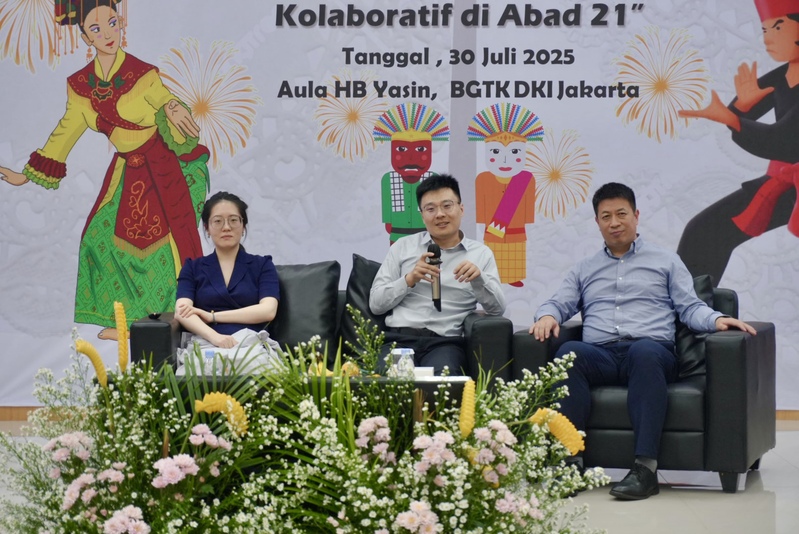
The three reports were warmly received, with on-site attendees engaging in discussions with the UNESCO TEC team on issues such as STEM teaching practices in Chinese schools, ways to promote meaningful student learning, and the realization of deep learning.
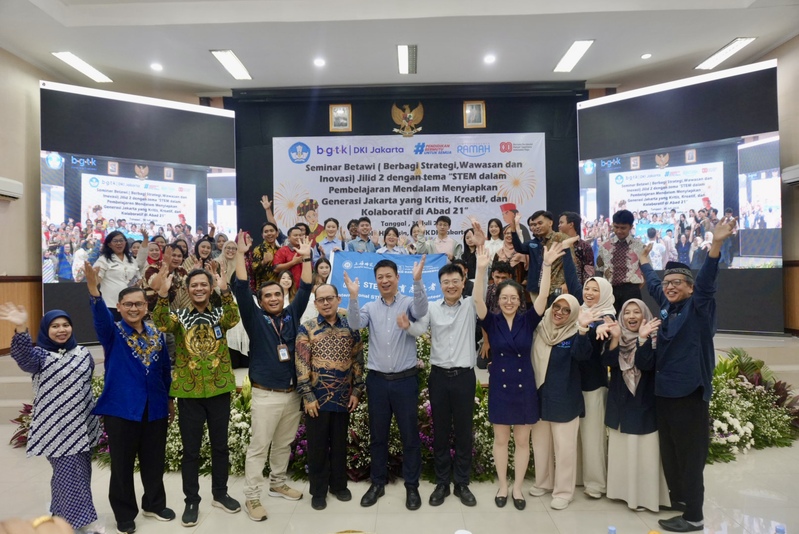
From July 29 to 31, the Indonesian contingent visited institutions in Jakarta, including public elite high schools, private group-run primary schools, and Muhammadiyah University of Uhamka, to conduct exchanges. They carried out on-site research into Indonesia's educational development and local perceptions of Chinese education, aiming to identify potential areas for future cooperation. The student volunteers from UNESCO TEC cherished the opportunity to engage in friendly exchanges and humbly seek advice from Indonesian educators, showcasing the international demeanor of Chinese youth in the new era and strengthening their sense of mission to contribute to global educational development and build a community with a shared future for mankind. Subsequently, the contingent will continue its exchange activities in Yogyakarta and Bali, continuing to explore this thriving educational landscape through on-the-ground visits.
